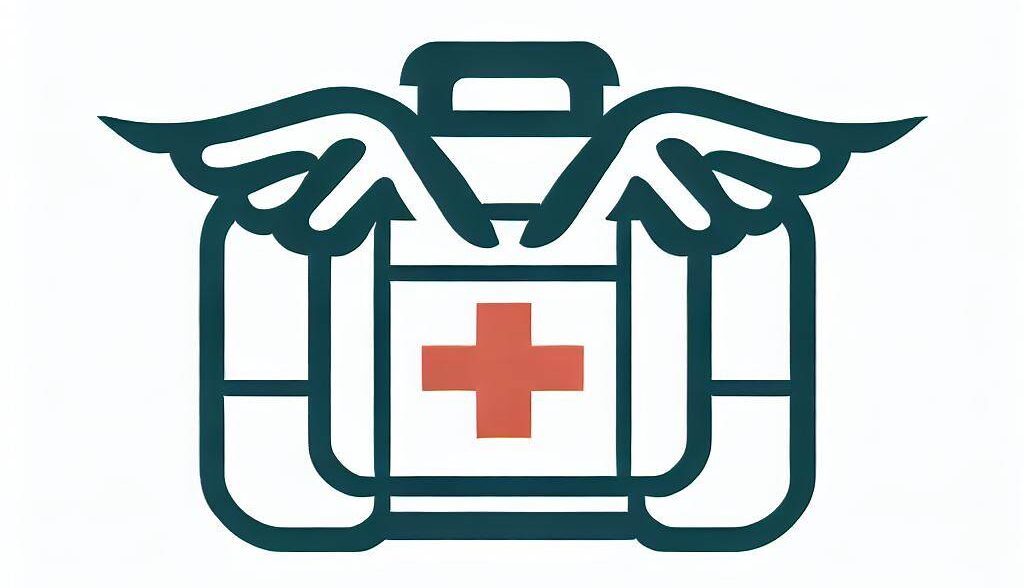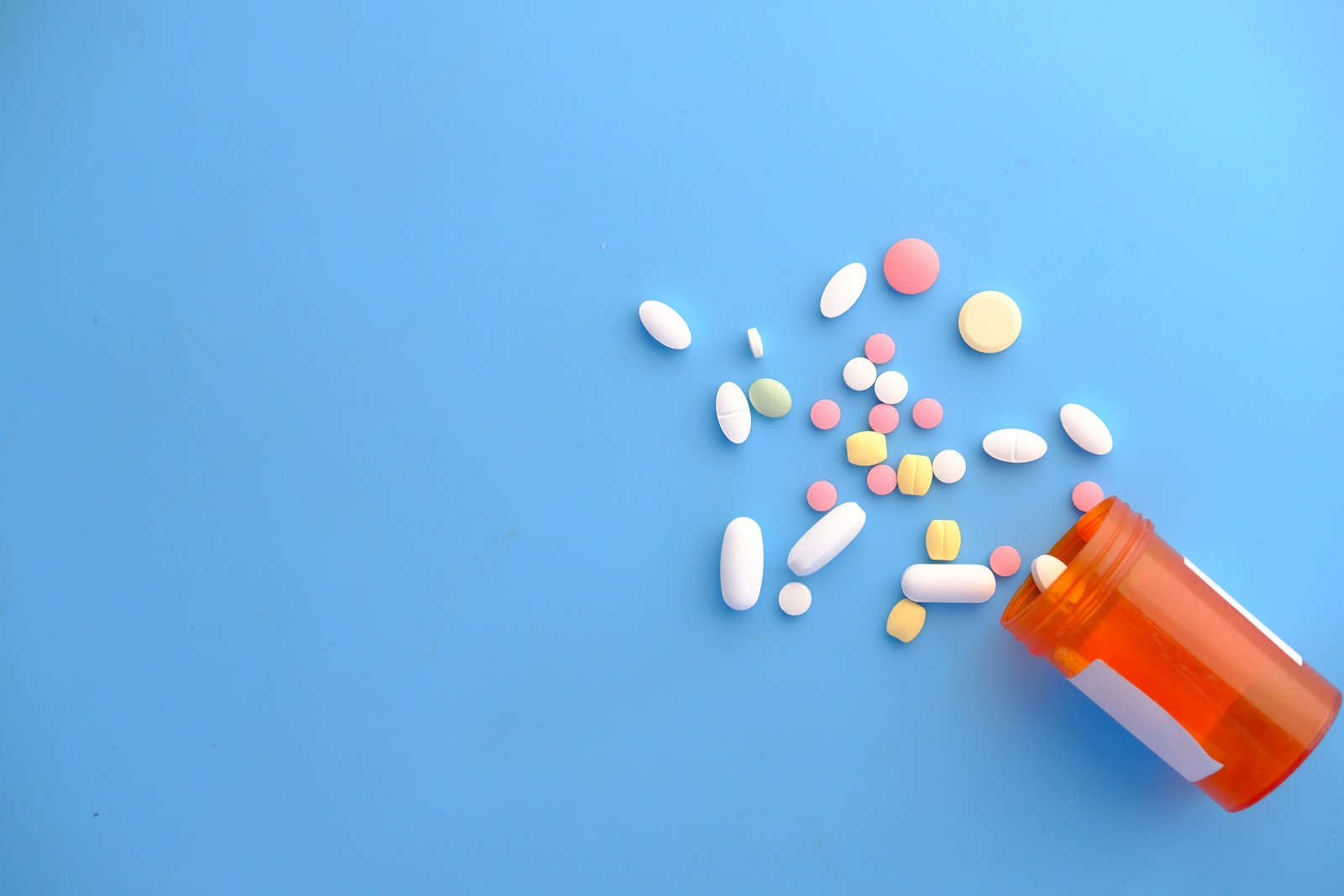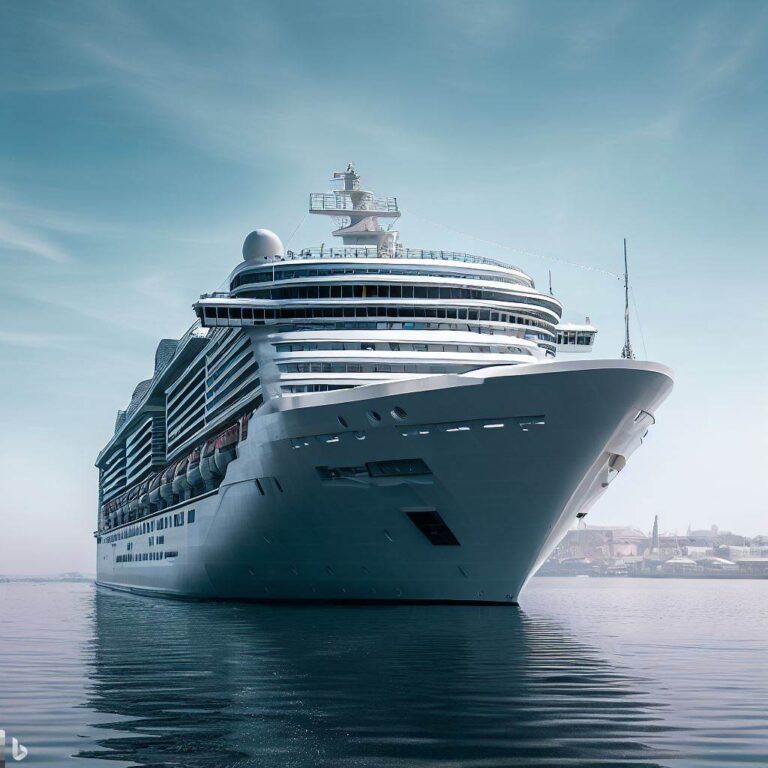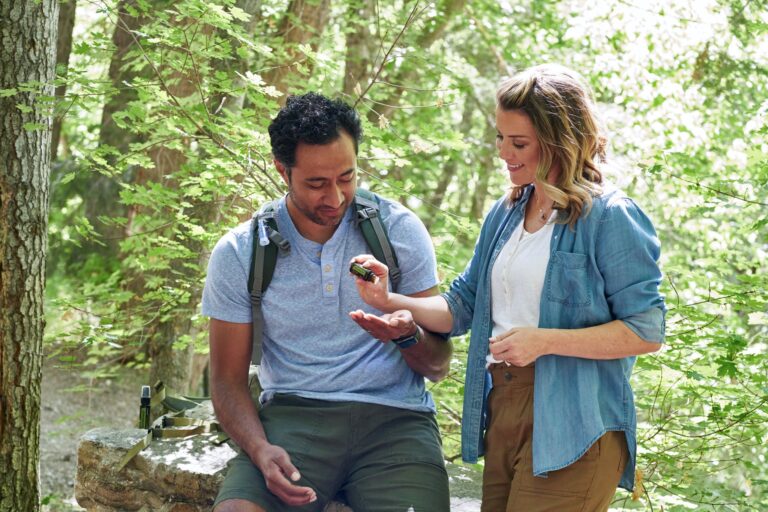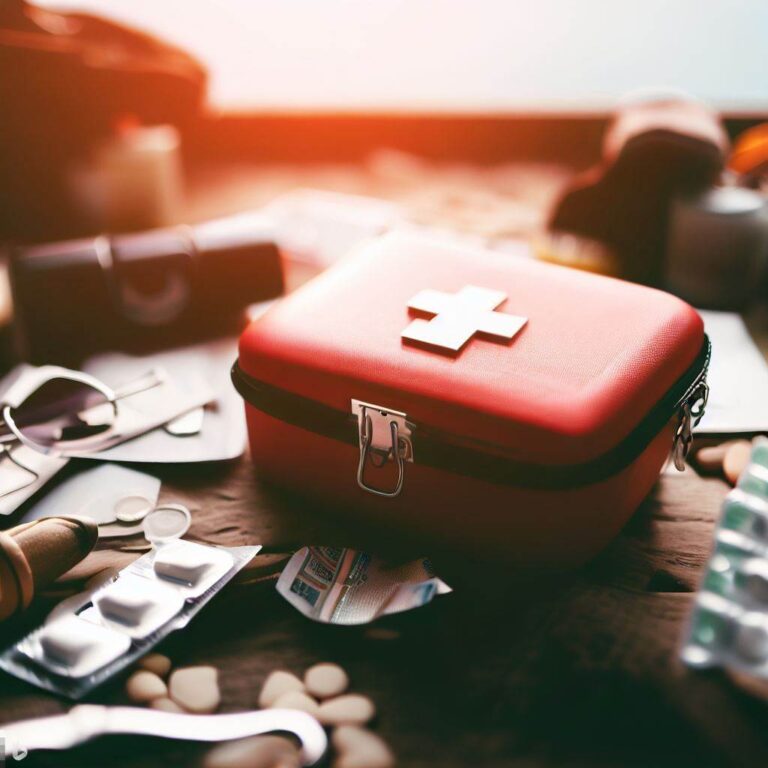Table of Contents
If you are going to travel with medications, especially for international trips, you want to make sure you pack them correctly and follow local laws. Needing an emergency refill for any medication could be hard to obtain because you would need to find a health provider or a local pharmacy. Finding information as an international traveler on the requirements of your destination country can be difficult. As a general rule, you want to try to keep medications in their original containers and travel with a note written by your healthcare provider who prescribes your medications about your need for the medications. Individuals with certain medical conditions such as chronic pain, mental health issues, or conditions needing long-term medication issues do not have to be a barrier to travel.
Traveling is an exciting experience but can also be stressful, especially when it comes to packing medications, so consider these tips before you pack.
How to Pack Your Medications For Your Trip
Before you start to pack, consider these tips:
1. Write things down
Make a list of all the medications you may need while on your trip, including prescription drugs and over-the-counter (OTC) medications, as well as vitamins, supplements, and first-aid items. You should also include any injectable medications, liquid medicine, insulin pumps, nitroglycerin tablets, sinus medications, birth control, cough syrup, etc. Print this list out and have it readily accessible.
2. Visit your doctor or Travel Medicine Specialist
Check with your doctor or health care provider for any recommended vaccinations or medications specific to the countries you are visiting. Talk to your health provider about medications you may need to treat motion sickness, altitude sickness, insect bites, or other health problems you may encounter while traveling. If you see a travel medicine specialist, they could help you make this list.
3. Refill prescriptions
Ensure you have enough medication for the duration of your trip. Do not depend on your destination country to have immediate access to specific medications you may need. Click here to find out which helpful OTC items you can bring. If you need refills before you pack, please reach out to your healthcare provider to ensure you have enough to last the entire trip plus a few days in case of travel delays.
4. Get a signed letter from your prescriber
Obtain a note from your prescriber that indicates you are traveling with medically necessary items and that serious consequences could occur without them. The letter should be drafted on official letterhead with the contact information of your provider and signature. Your security screening officer at the security checkpoint may ask for this. Make sure this letter is readily accessible.
5. Keep medications in original containers
Try to keep all medications in their original containers and in a clear plastic bag to facilitate your screening process. The labels on the original containers will have the name of your medication, indication, and name of your prescriber. You can always bring your pill box empty and refill it at your destination.
6. Keep medications in carry-on
Pack your items onto your carry-on luggage. Click here to make your own first-aid medical kit.
7. Ask for paper prescriptions if appropriate
You could also ask your healthcare provider for a copy of your prescription in the event you need an emergency refill at your final destination. However, you should not depend on the fact that you will find a pharmacy readily available. There is a chance you may need to be evaluated by a provider in that country prior to getting a medication equivalent to what you are taking.
Rules for Controlled Substances, Liquids, Injectables, and Medical Marijuana
Controlled Substances
Your international destination may have different rules regarding controlled substances such as pain medications or certain anti-depressants. International travelers should check here to see what rules need to be followed.
Note that not every country will have this information available and your country may not be listed. In this event, it would be a good idea to keep your medication which is a controlled substance in its original prescription bottles. Do not bring more than what you need plus a few days in case of delays.
Ask your provider or prescriber for a signed letter on a letterhead describing why you need this medication. Avoid putting these medications into a pill organizer. Do not attempt to “hide” these medications, but keep them in a clear bag that can be accessible in your carry-on.
Liquids or Syrups
Medically necessary liquids that are greater than 3.4oz are allowed to go through airport security. You want to put these medications in a sealable (ideally clear) plastic bag that is leak-proof. This assists with visual inspection and could help in case the medication is spilled. Keep them in their original bottle and pack them in your carry-on baggage. If you are traveling with liquids greater than 3.4 oz, notify your TSA officer as you are going through security so that they are aware. This can prevent surprises during the security screening process.
Injectables
Keep these in their original packaging. Ensure that you have clear labeling of prescription medication. If you are going to be traveling with injectables, this would be another type of medication to have your healthcare provider give you a letter indicating that it is a necessary medication. Always have these letters on an official letterhead and signed by your prescriber.
Medical Marijuana
Travel with medical marijuana internationally is not recommended, even if you have a valid prescription. If found guilty of possession, you could be subjected to deportation, fines, or even imprisonment by your destination country. In the United States federal law, cannabis is still illegal. Since airlines and airports function under federal law, it is illegal to fly with any marijuana products greater than 0.3% THC. If caught by the transportation security administration, you may be subjected to legal consequences.
Conclusion
A chronic health condition with the need to continue taking prescription medications should not be a reason why you cannot travel. In short, always try to pack medications correctly with labeled containers. Bring only reasonable quantities to last your whole trip. Try to avoid traveling with a pill box, but you could always bring your pill case empty and fill it later. Ensure you have a doctor’s note that is up to date, on letterhead and signed.
